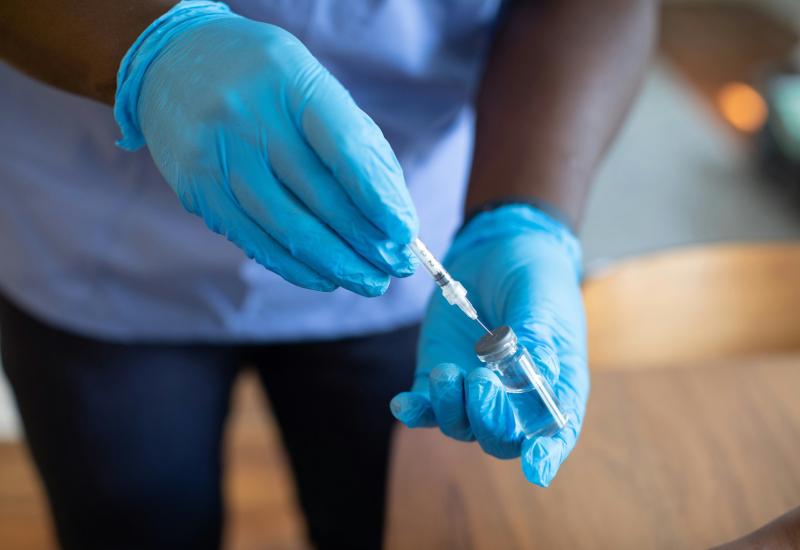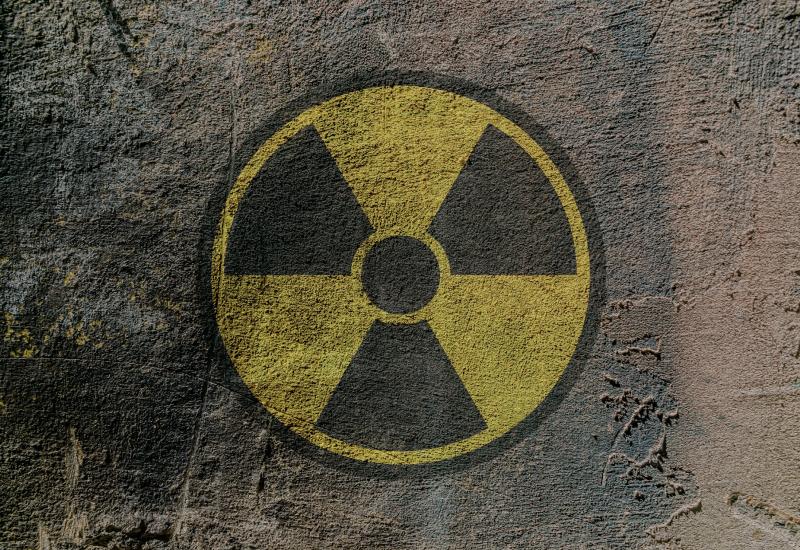
Daiichi makes its sting move
The recently unveiled conjugate DS3610a is to start phase 1.
The recently unveiled conjugate DS3610a is to start phase 1.

Daiichi Sankyo, one of several companies that still think STING agonism has a future, has put its money where its mouth is, moving to begin a first-in-human trial of DS3610a next month. This ADC molecule is notable for using a Sting agonist as its payload, an approach that might be one of the last remaining hopes for this mechanism.
The solid tumour study has just been listed on clinicaltrials.gov, along with first-in-human tests of two actinium-labelled radioconjugates and a pair of bispecific antibodies. However, DS3610a's target antigen remains undisclosed, and the clinicaltrials.gov entry offers no clue to its identity.
It was only in July that Daiichi unveiled a project coded DS3610 at its earnings presentation, describing this as a molecule that combines its "original STING agonists" with an antibody, and features Fc region modification to reduce risk of cytokine release. Its phase 1 trial will plan to enrol 70 solid tumour patients, and is slated to begin on 1 October.
Bispecifics
As for bispecifics, Taiwan's AP Biosciences is keeping the faith in 4-1BB-co-stimulated antibodies, and is starting a phase 1 trial of AP601, which combines 4-1BB activity with CD73 blockade.
Co-stimulation, either via 4-1BB or CD28, has few successes to its name, but its followers include Regeneron. Last year AP went into clinical trials with AP402, an anti-HER2 x 4-1BB bispecific, but it's perhaps best known as the originator of the anti-VEGF x PD-L1 bispecific AP-505.
And Merck KGaA is progressing into the clinic with M0324, a project that hits CD40 and MUC1, and which was first revealed at last year's ASCO conference. The company perhaps most heavily invested in CD40 is Sweden's Alligator Bioscience, whose CD40 agonist mitazalimab is in phase 3. MUC1 is more closely associated with Car-T therapy than with naked MAb approaches.
Recently disclosed first-in-human studies*
| Project | Mechanism | Company | Trial | Scheduled start |
|---|---|---|---|---|
| EP102 | METTL3 inhibitor | Epics Therapeutics | Solid tumours | 24 Jul 2025 |
| AP601 | CD73 x 4-1BB bispecific MAb | AP Biosciences | Solid tumours | 20 Sep 2025 |
| DS3610a | Undisclosed ADC (Sting payload) | Daiichi Sankyo | Solid tumours | 1 Oct 2025 |
| M0324 | MUC1 x CD40 bispecific MAb | Merck KGaA | Titer, MUC1+ve solid tumours | 16 Oct 2025 |
| BMS-986517 | Undisclosed | Bristol Myers Squibb | Solid tumours | 28 Oct 2025 |
| RTX-2358 | 225Ac-labelled FAP radioconjugate | Ratio Therapeutics | Atlas, late-stage sarcomas | Oct 2025 |
| RYZ401 | 225Ac-labelled SSTR radioconjugate | Bristol Myers Squibb (ex RayzeBio) | SSTR-expressing solid tumours | Oct 2025 |
Note: *projects newly listed on the clinicaltrials.gov database between 5 and 10 Sep 2025.
As for intriguing mechanisms, EP102, being advanced by the private Belgian biotech Epics Therapeutics, now stands as one of just two clinical-stage inhibitors of METTL3, according to OncologyPipeline.
METTL3 is an enzyme involved in post-transcriptional methylation of mRNA, and targeting it has been called RNA epigenetics. The only other clinical METTL3 inhibitor appears to be STC-15, in development by the UK's Storm Therapeutics.
And radiotherapeutic approaches remain in vogue, with the latest clinicaltrials.gov entries revealing a phase 1 trial of Ratio Therapeutics' anti-FAP project RTX-2358. Ratio hit the headlines just under a year ago when it succeeded in licensing an unnamed preclinical anti-SSTR radiotherapeutic to Novartis in a deal whose up-front terms remain undisclosed.
A separate anti-SSTR radiotherapeutic, Bristol Myers Squibb's RYZ401, is by coincidence another first-in-human entrant. This molecule was originated by RayzeBio, which Bristol bought for $4.1bn in December 2023. RYZ401 and RTX-2358 both use the the alpha emitter actinium-225 as the radioisotope.
2799













